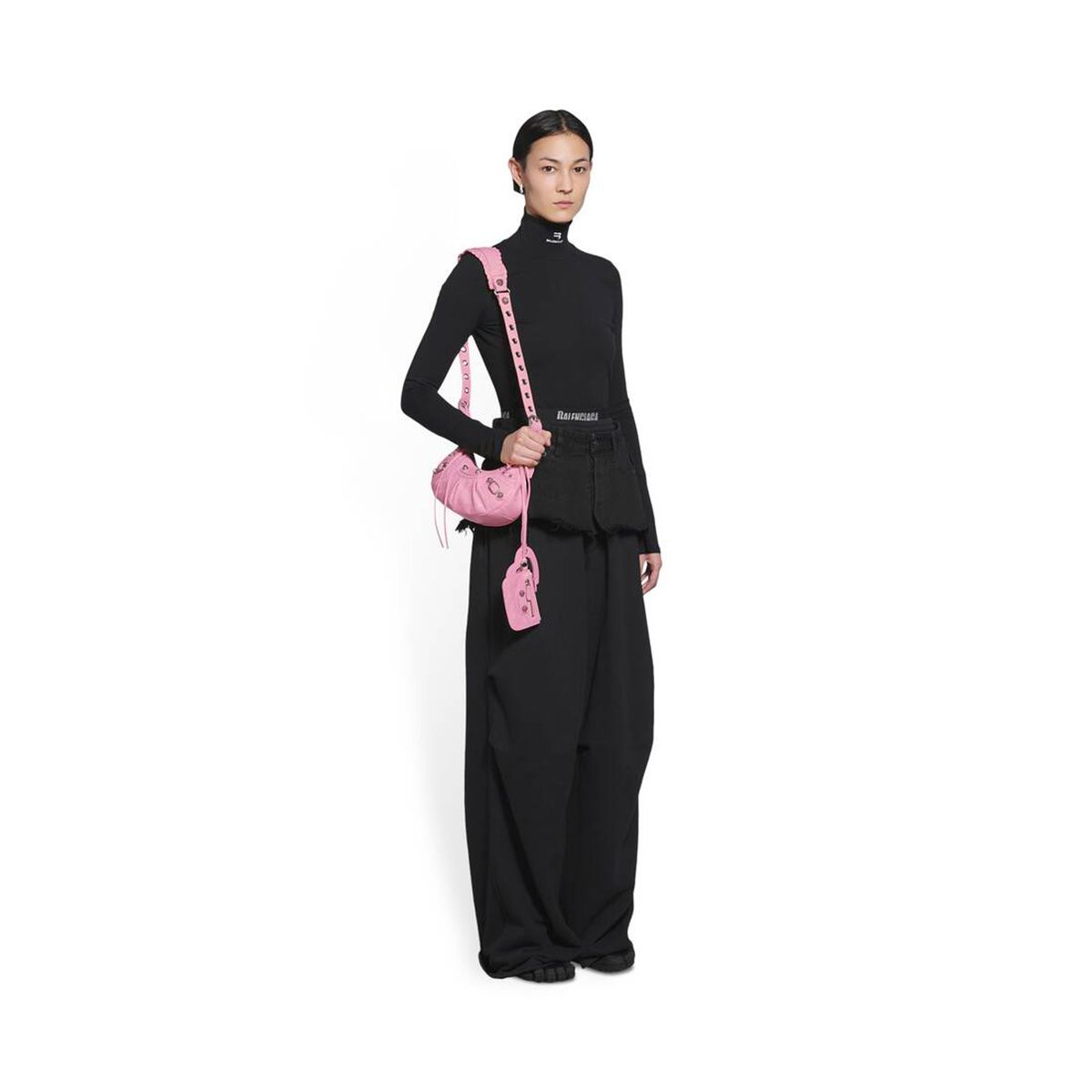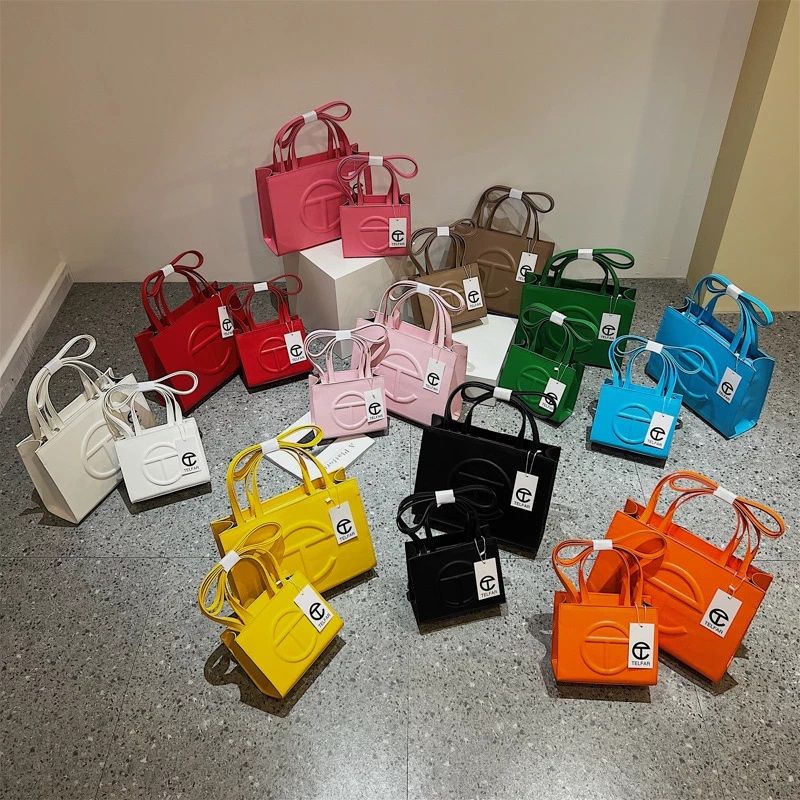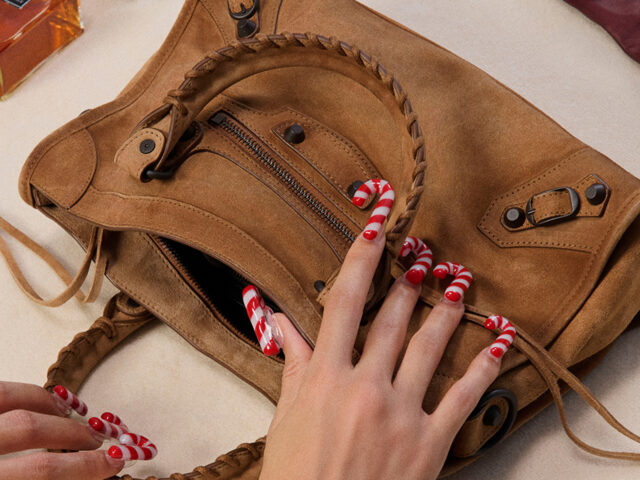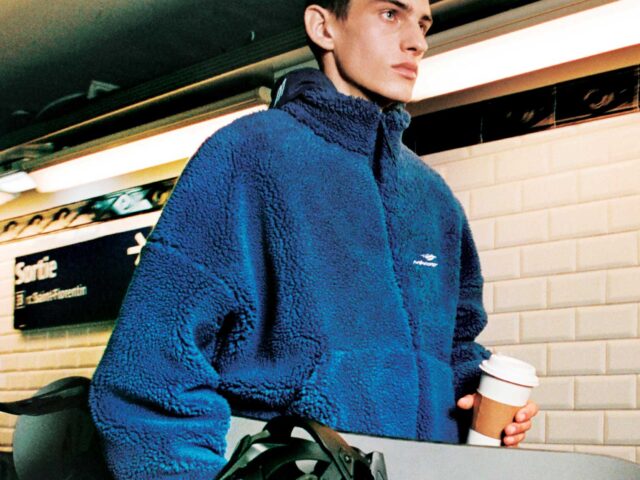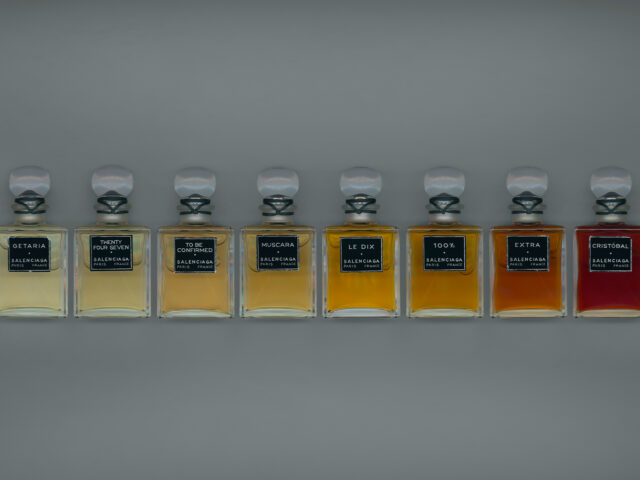The clan of aesthetic thieves and their low-cost fashion duplicates are everywhere: from the most hidden souvenir to the immensity of the Internet. But if there’s one thing that has really ignited the fast fashion and cloning flame, it’s TikTok’s controversial “dupe” trend.
The hastag #dupe has already accumulated more than 1.5 billion views on the social network, and is revered as one of the platform’s macro-trends. This new shopping habit is already the new obsession of the Z generation that chases all kinds of imitation: whether fast fashion brands, niche brands, independent designers or instant players of trends such as AliExpress or SHEIN. From those who are destroying the planet.
The fashion of duplicates is aimed, for the most part, at the new generations with an eagerness to buy and generate serotonin in the midst of a chaotic and unstable world. Buying for emotion and creating social status through clothing seems to be the real motivation of young people who also do not have the purchasing power to afford the original designs.
@federicascuratti #stradivarius #stradivariushaul #balenciaga #bag #balenciagahandbag #stradivariusdupe #dupes
THE ROMANTICIZATION OF COUNTERFEIT
The constant search for exact copies of luxury products by the internet community is fueling a huge waste polluting business through the purchase of products that in a few months will end up discarded in mountains of garbage, polluting rivers in particular, and the planet in general.
Within this toxic side, the imitation of the imitation is constantly pursued: the Shein synthetic leather bag that is an imitation of Zara, which in turn is a copycat of a luxury product. From copies of JW Anderson at ASOS, 50 euro bags from Ego Shoes that imitate Balenciaga’s Cagole, to a whole universe orbited by the new generations that revolve around counterfeit and the constant search for aesthetic duplication.
Still, the real responsibility for these “illegal actions” lies with the big conglomerates and companies that use algorithmic systems to plagiarize designs and reproduce trends regardless of the creator behind them. However, consumer education and ethical responsibility will be what will make them value a real design and its entire creative process; advocating for quality products that reverse the dupe-mania that keeps fast fashion and its consequent pollution of the planet alive.
Sigue toda la información de HIGHXTAR desde Facebook, Twitter o Instagram
You may also like...
